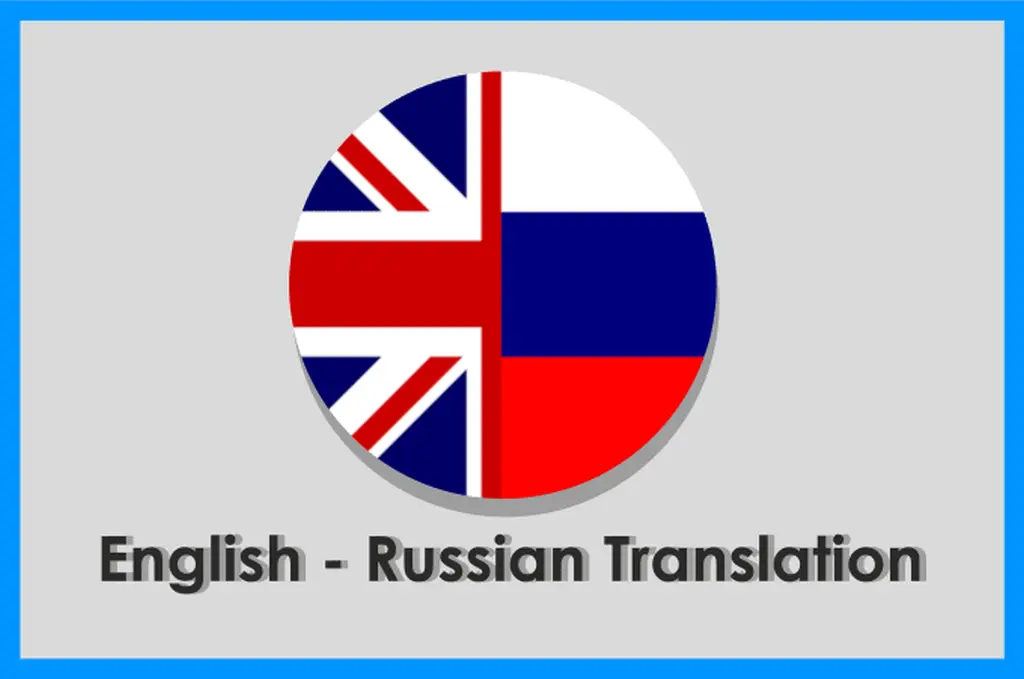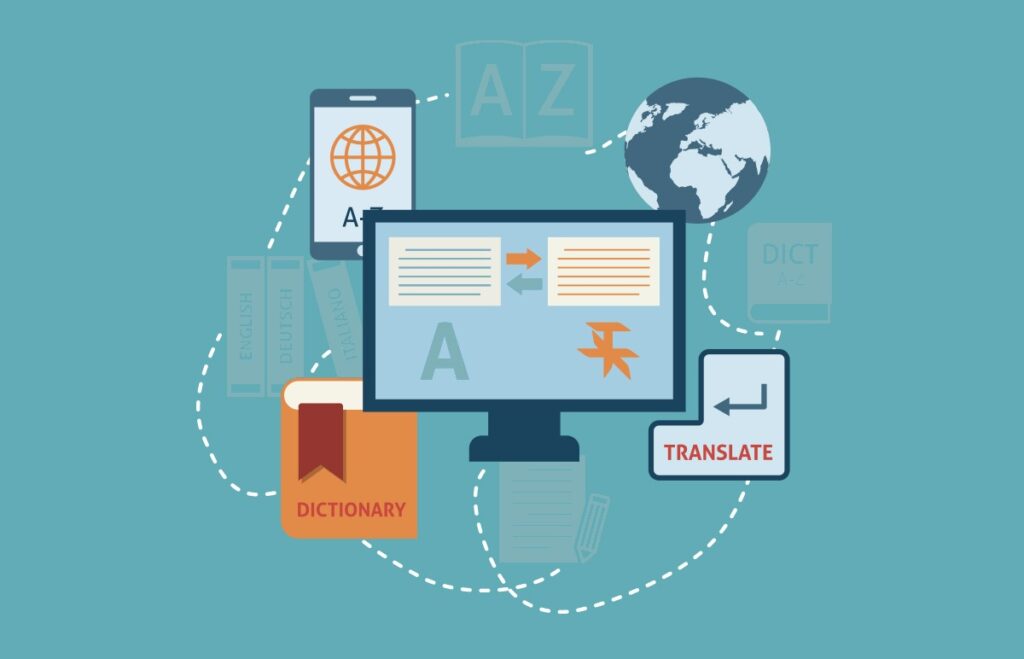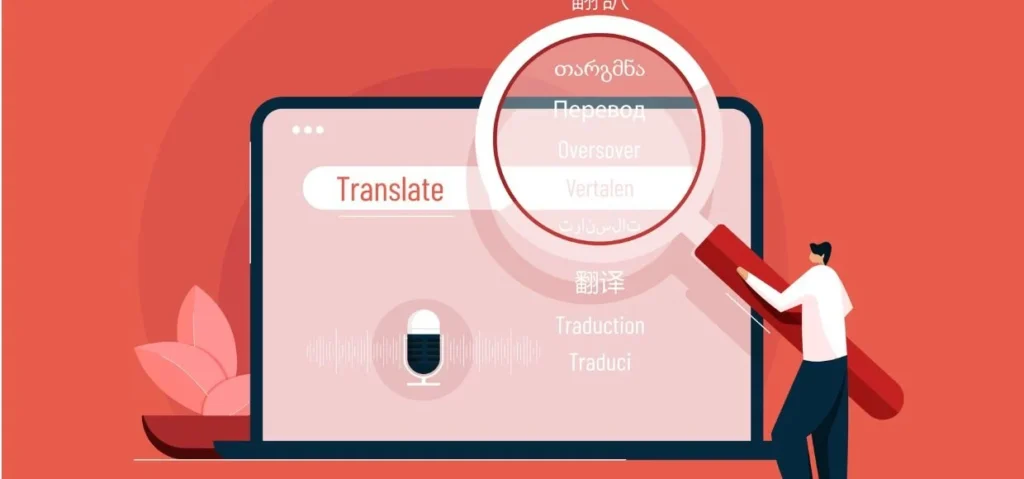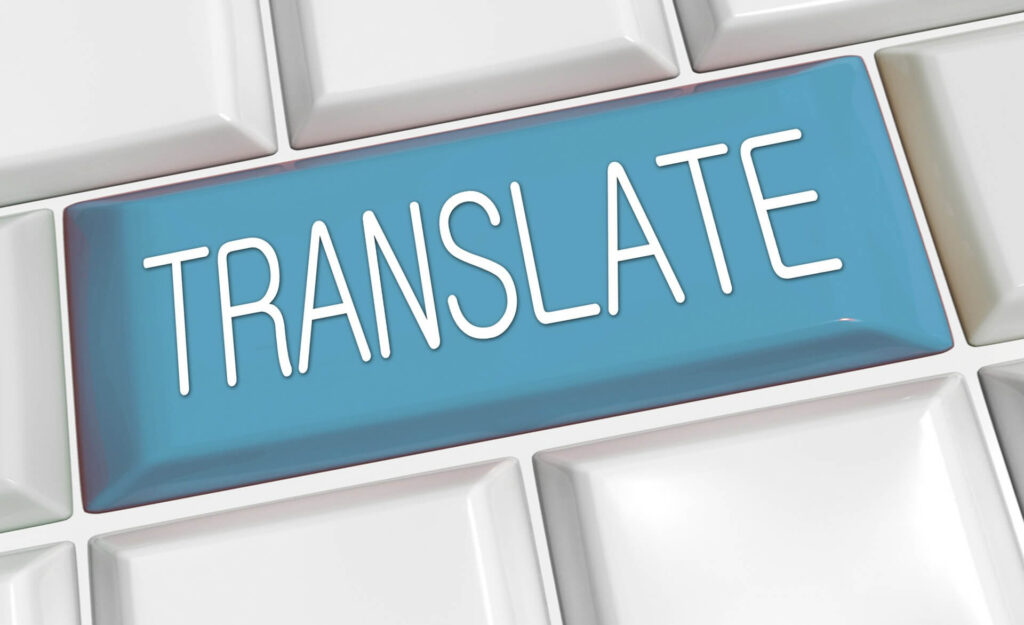
When it comes to translations in our digitalized world, many people are familiar with using technology to translate between two languages. Needless, machine tools are super useful, but does that mean human professionals will become jobless soon? Let’s compare native experts to automated software.
Table of Contents
Automated VS Professional Native Translators

Source: freepik.com
| Humans | Machines | |
| Language Evolution | Languages evolve over time, and native translators stay current with linguistic changes, ensuring translations are up to date and reflect modern language usage. | Language is a dynamic system, and software still faces challenges in keeping up with these changes. |
| Idiomatic Expressions | Native speakers are familiar with idiomatic expressions and colloquialisms and can provide accurate equivalents in the target language. That allows professionals to provide translations that sound natural and authentic. | Automated tools can often struggle with idioms, as these phrases are deeply rooted in the culture and language they originate from. They have meanings that are not immediately apparent from the individual words used and thus can be challenging for tools or apps to accurately translate. |
| Consistency | Native translators maintain consistency in terminology and style throughout a document or project, enhancing readability and understanding. | Maintaining consistency when using a software can be challenging, especially for complex or specialized content. Achieving complete consistency may require human intervention. |
| Confidentiality | Trusted translation services prioritize confidentiality and ensure the protection of sensitive information and data. | Machines may not ensure confidentiality because they often involve sending text data to external servers, potentially exposing sensitive information to third parties. |
| Contextual Understanding | Consider contextual understanding as a critical factor when hiring a native translator to ensure accurate translations that capture the nuances of the source material. | Automated tools often struggle with understanding the context of a sentence, leading to inaccurate or nonsensical results in complex or nuanced content. |
| Cultural Sensitivity | Native translators understand the cultural nuances of the Russian language, ensuring that translations are culturally appropriate and resonate with the target audience. | Machines may miss cultural sensitivities, resulting in translations that could be offensive or inappropriate. |
| Language Nuance | Human translators understand all the intricacies of language, thereby ensuring the precise rendering of the original message. | Automated tools may not capture the subtleties of language, such as humor, sarcasm, or word play, which are essential for conveying the intended message accurately. |
| Complex Documents | When dealing with complex texts human translators can provide precise and legally binding translations. | For complex documents, especially in legal or technical fields, automated tools may produce translations that lack the precision and legal validity required. |
| Customization | Native translators can tailor translations to the specific needs of the client, taking into account industry jargon, tone, and style preferences. | Automated tools offer limited customization options. |
| Quality Assurance | Professional translators follow rigorous quality assurance processes to maintain the highest standards of accuracy, grammar, and style. | Machines lack human oversight. |
| Subject Matter Expertise | Qualified translators have expertise in specific fields, such as legal, medical, or technical translation, allowing for precise and accurate translations in specialized domains. | Software and systems may handle specialized and domain-specific content inaccurately. |
| Proofreading and Editing | Native translators offer proofreading and editing services, ensuring the final copy is polished and free of errors | Automated tools may produce inaccurate translations which require human revision. |
| Cost-effectiveness | Professional translation services rates can vary depending on the service provider and the specific requirements of the translation project. Through Russian Language Services, you can book professional translations for as little as $0.05 per word. | The cost for automated translation services start at around $0.01 to $0.05 per word, while the highest rates can go up to $0.10 or more per word. |
In summary, while automated tools can be convenient for quick and informal translations, they are not a substitute for the expertise, cultural understanding, and precision that native experts bring to the table. Depending on the complexity and importance of the content, professional human translation remains the gold standard for achieving accurate and culturally sensitive outcomes.
Opt for Expert Help
Booking English – Russian translation services from a trusted company can offer you diverse options.
Text Rendition:
Document translation services ensure accurate and contextually appropriate translations for a variety of written materials, from legal documents to academic papers. Ensure user-friendly products by providing translated manuals and instructions to Russian customers.
Handwriting Conversion:
Translate handwritten Russian documents into legible text, preserving historical records and enabling accessibility.
Russian – English Image Translator:
Translate text embedded in images or graphics, making visual content accessible and understandable to a wider audience.
Russian Audio and Video Transcription:
Efficiently manage multilingual content by translating and indexing audio-visual resources. Convert spoken English content into written Russian text, enhancing accessibility and enabling content indexing. Translate video game dialogues and content to cater to the Russian gaming community and enhance the gaming experience. Transcribed and translated content can be repurposed into articles, blog posts, or social media captions, maximizing content reach.
Website Localisation:

Source: freepik.com
Localize websites by translating content into Russian, ensuring a user-friendly experience for native-speaking visitors. This allows users to read, search, and review information at their own pace.
Translate product descriptions and content to attract Russian-speaking customers to your e-commerce platform. Transcribing and translating content into Russian improves SEO by making text searchable and indexable by search engines.
Catering to a wide range of communication needs, professional English to Russian translation service facilitates cross-cultural understanding, enabling individuals and businesses to connect with Russian-speaking audiences. Please be aware that we offer translation services for content in both directions. Contact the Russian Language Services team today to get started with your project!








